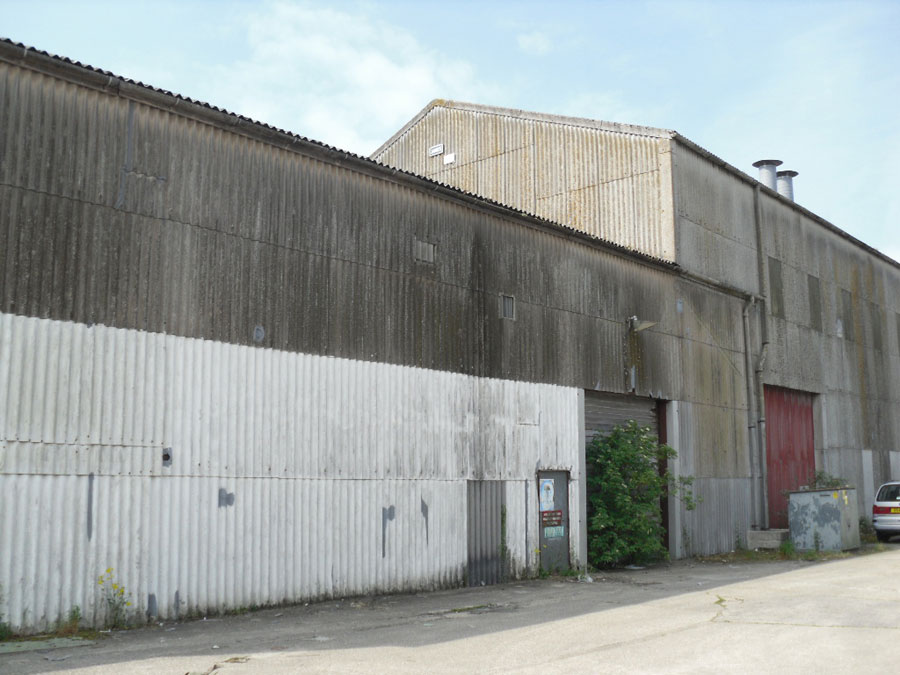An expanding pallet logistics firm in southern England has signed a three-year lease on part of a large warehouse in Dorset.
In a deal through regional commercial property consultancy Hughes Ellard, C&D South West Ltd committed to nearly 279 sq m (3,000 sq ft) with a quoting rent of £3 a sq ft – equivalent to £9,000 per annum.
The former Cargill grain store, comprising 2,553 sq m (27,485 sq ft), is located at Higher Shaftesbury Lane, Blandford Forum.
David McGougan, Hughes Ellard’s industrial space specialist, said: “C&D South West requires part of Cargill for expansion reasons, with scope after the three-year lease to scale up on-site operations.”
He added: “Along with the flexibility of space and affordable rent, a key location driver is the proximity to the A354, for Dorchester and Weymouth, and, via the A350, Bournemouth and Poole.”
Hughes Ellard, headquartered in Southampton, acted for the private landlord.
A semi-detached unit, with external parking and loading areas, the obsolete granary has been sub-divided, with workshop space and office accommodation.
C&D South West, with 45 staff members and a pedigree going back more than 40 years, is headquartered at Kingfisher Works, Millfield Industrial Estate, Chard, Somerset.
Darren Hammond, C&D South West’s managing director, said: “As one of only a few South West pallet and logistic companies expanding storage, distribution and fleet, our new depot at Blandford Forum further enhances our distribution and pallet delivery services to customers regionally and across the UK and Europe.
“Everyone acted to the letter in the deal and we’re grateful to Hughes Ellard for its professionalism in making our new premises happen.”
C&D South West, which is a member of the Road Haulage Association, is a shareholder member of the Palletforce network, one of the fastest growing palletised distribution networks in the UK and Europe.
Palletforce itself has more than 87 members with 3,000 vehicles and four million sq ft of warehousing, resulting in a streamlined process and generating what Darren describes as “significant efficiency savings” over conventional methods of distribution.






















